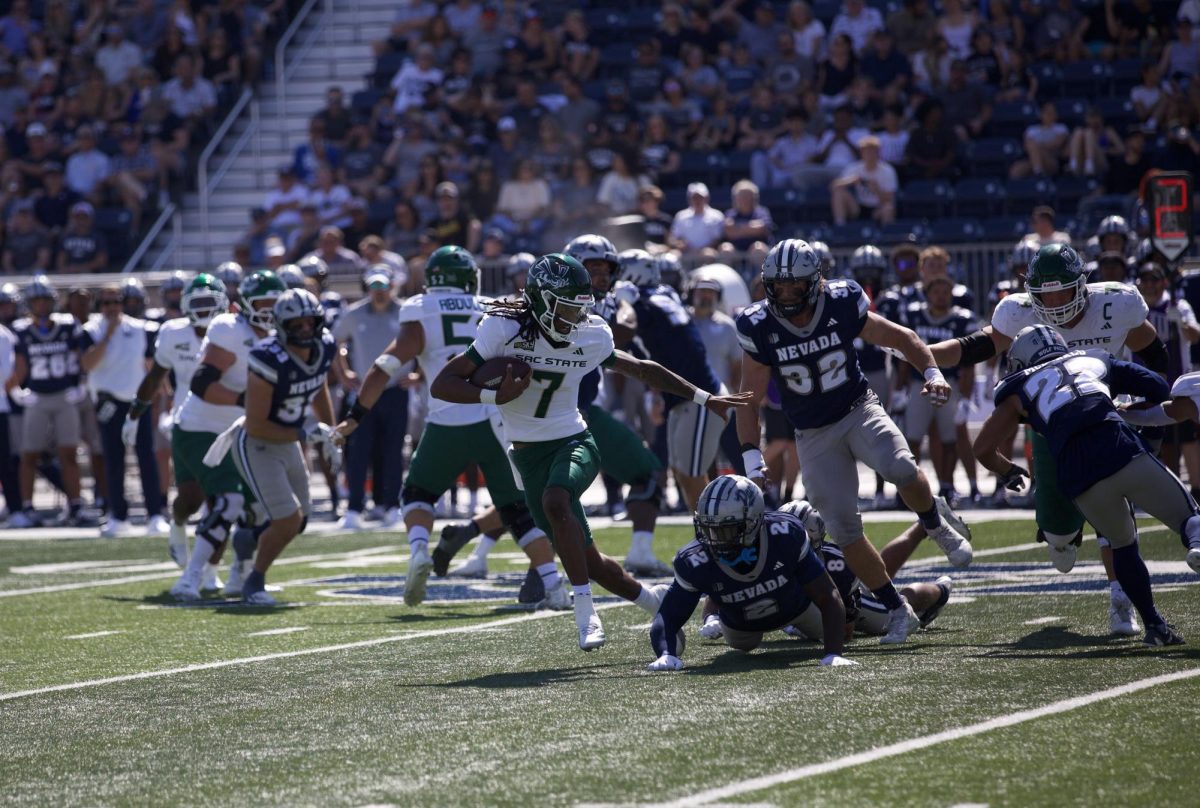Employers study applicant resumes for lies
October 29, 2006
(UNIVERSITY PARK, Pa.) – That little white lie on your resume could cost you the job.
Even though only 5 percent of job candidates admitted to stretching the truth on their resumes, 57 percent of hiring managers said they have caught a lie on a candidate’s resume, according to a survey conducted by CareerBuilder.com.
The June survey, “Resume Lies,” was conducted online and screened more than 2,200 workers and 1,000 employers.
Of the managers who found a lie, 93 percent refused to hire the guilty candidate.
“Honesty and integrity are really valued by employers and even other employees,” Jack Rayman, senior director of Pennsylvania State University Career Services, said.
“When you lie about something, most employers are going to dismiss you.”
Scott Sees said he understood the actions of employers who rejected dishonest candidates.
“They’re interviewing someone to find out their work ethic, and there’s already a moral inflexibility built into their resume,” Sees said. “It’s indicative of a larger problem.”
Many employers do not tolerate any inaccurate resume information. Forty-seven percent of hiring managers said they would immediately write off a candidate who lied on a resume, according to the survey.
“It calls their entire professional history and their professional and personal ethics into question,” said Laura Morsch, career adviser for Career Builder’s college division, CBCampus.com.
“If they can’t be honest about employment history, what else are they not being honest about?”
The most commonly caught resume lie involves stretching dates to cover up gaps in employment, according to the survey. One in five employers said they had found this discrepancy on a candidate’s resume.
Other common lies include creating or embellishing past employers, academic degrees and institutions, technical skills and accomplishments.
Lying on a resume can follow a candidate throughout his or her career, Morsch said.
“The working world is a small one,” Morsch said. “If you get fired from one position for lying on your resume, that really could haunt you for a long time in your professional career.”
Rayman said some candidates think they cannot get an interview without superb credentials, even if the information is false. “I think they’re just trying to get an edge,” Rayman said.
“And some aspects of our society suggest that if you can get by with it, then it’s OK.”
Students should realize that when employers say they are looking for “experience,” the term is more vague than they think, Morsch said.
“Your volunteer work, extracurricular activities and the project you spent all semester on do have a lot of real world relevance,” Morsch said. “Students are more qualified than they think.”
There is a difference between presenting yourself positively and exaggerating your resume, Morsch said.
“Marketing yourself well means taking what you did and putting it in the best possible light,” Morsch said.
“Embellishing means boosting your qualifications in order to seem like more than they actually are.”
Rayman said he encourages students to seek help when writing their resumes.
“Have a respected professional review it,” Rayman said.
“At the very least, have someone whose judgments you trust review your resume for you.”
Michael Mazzoni (senior-marketing) said he thinks his resume is straightforward compared to most.
“I’m sure most people embellish a little bit, but I don’t think I really embellished mine,” Mazzoni said.
“You can reword things to write it persuasively without lying.”






























































































































